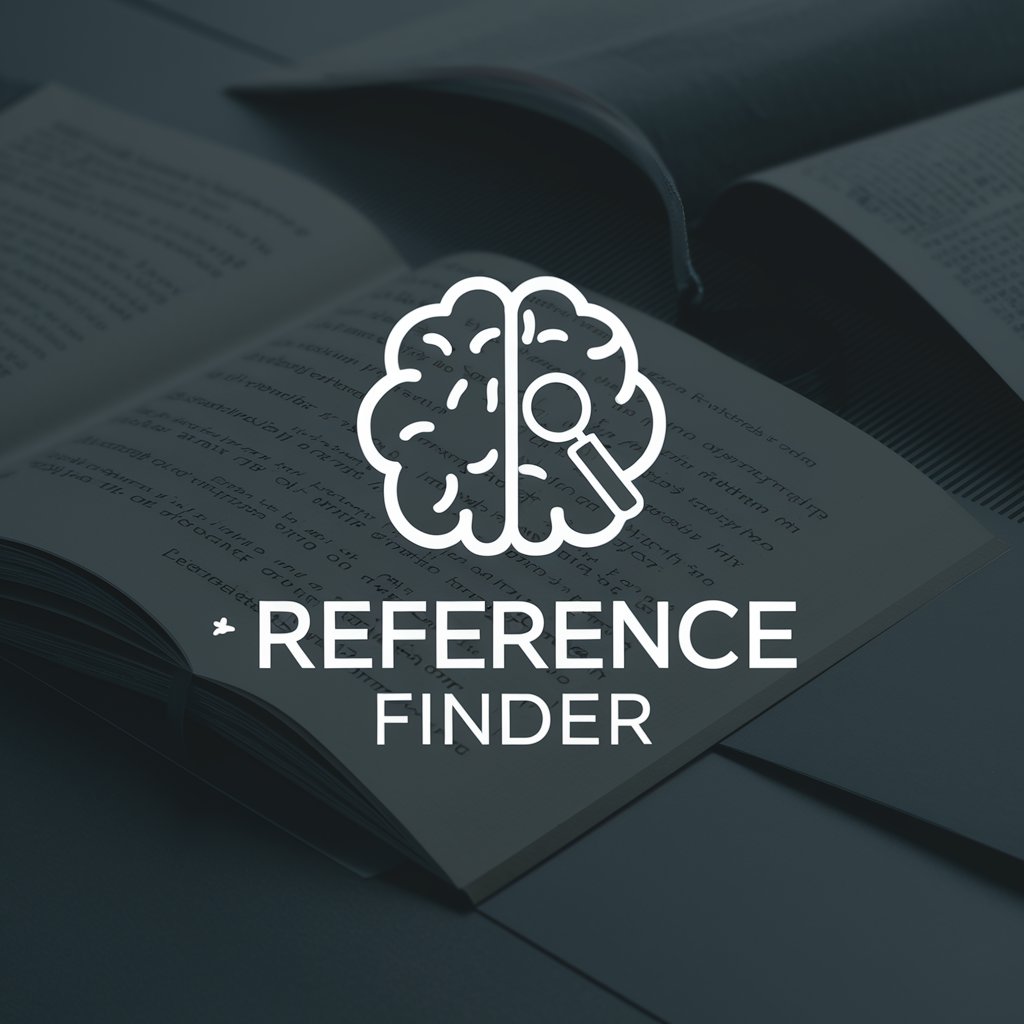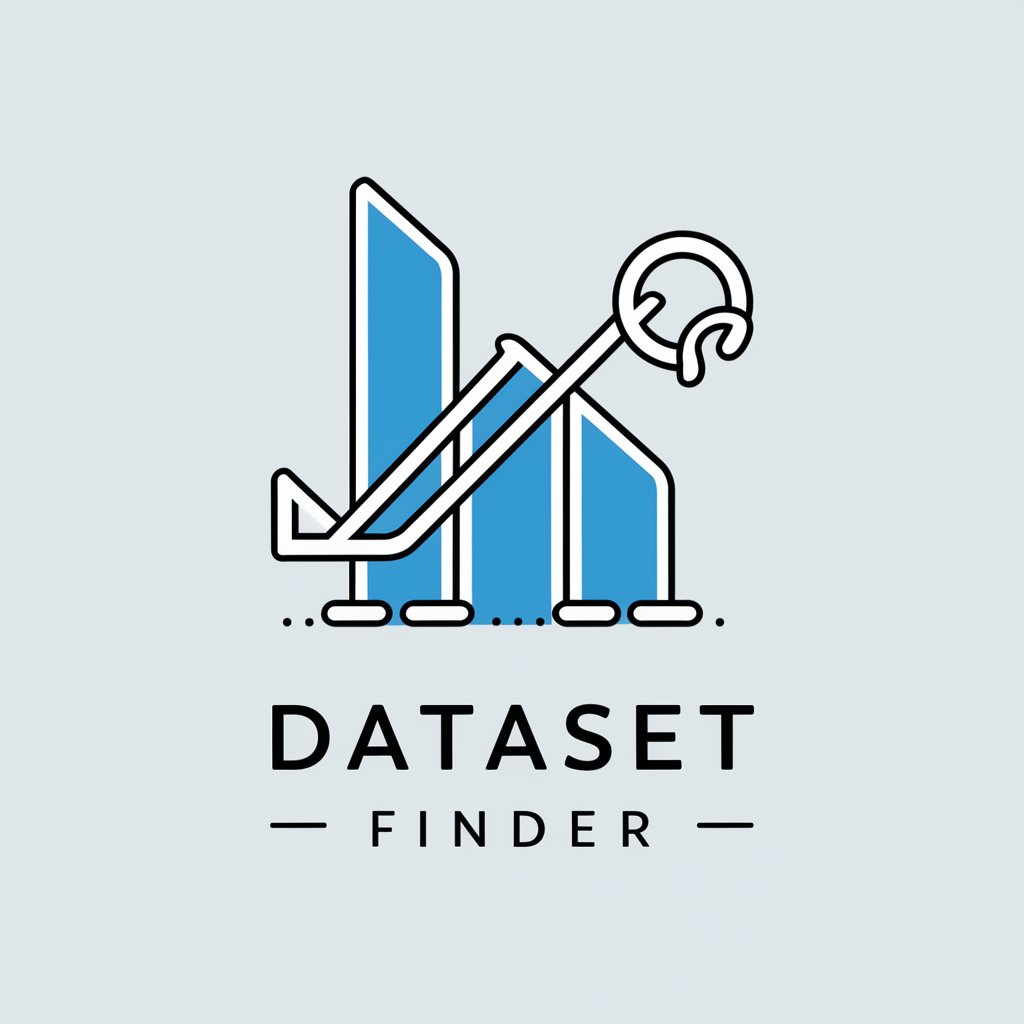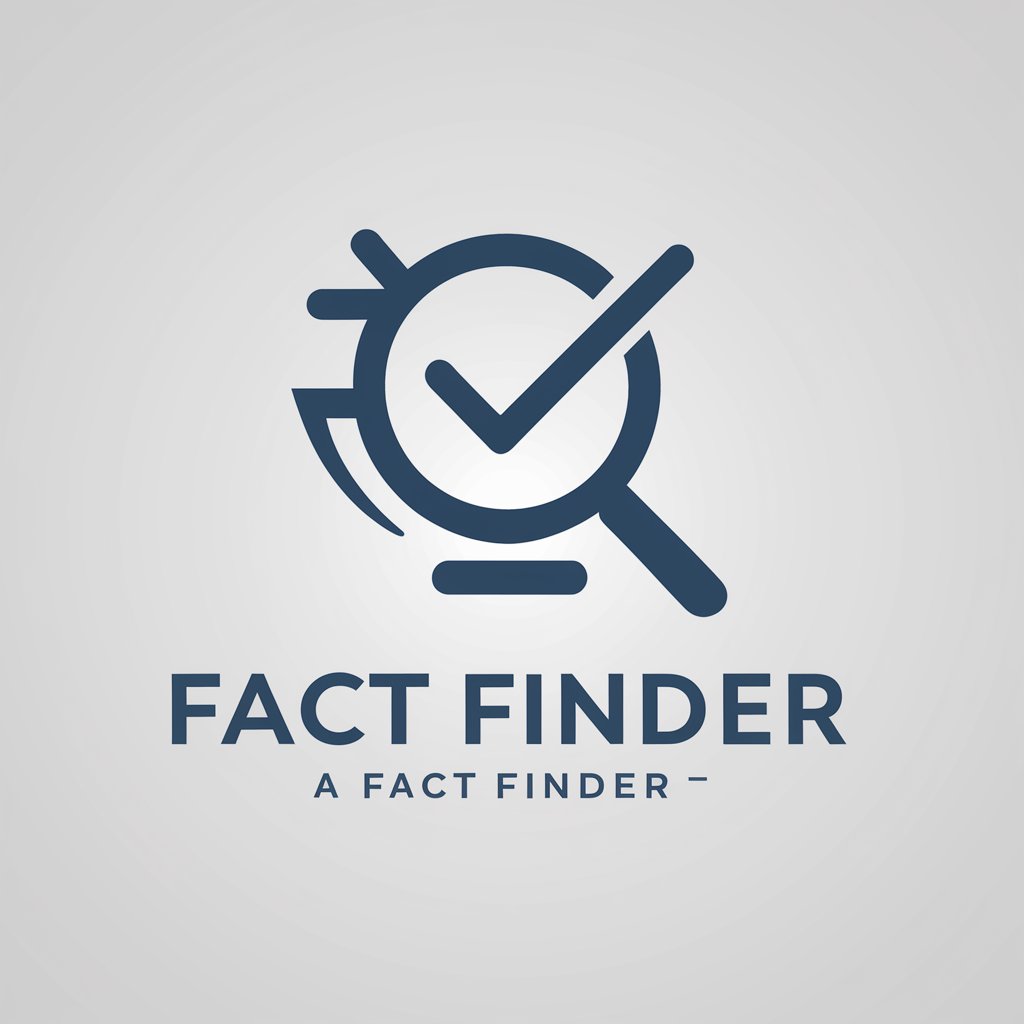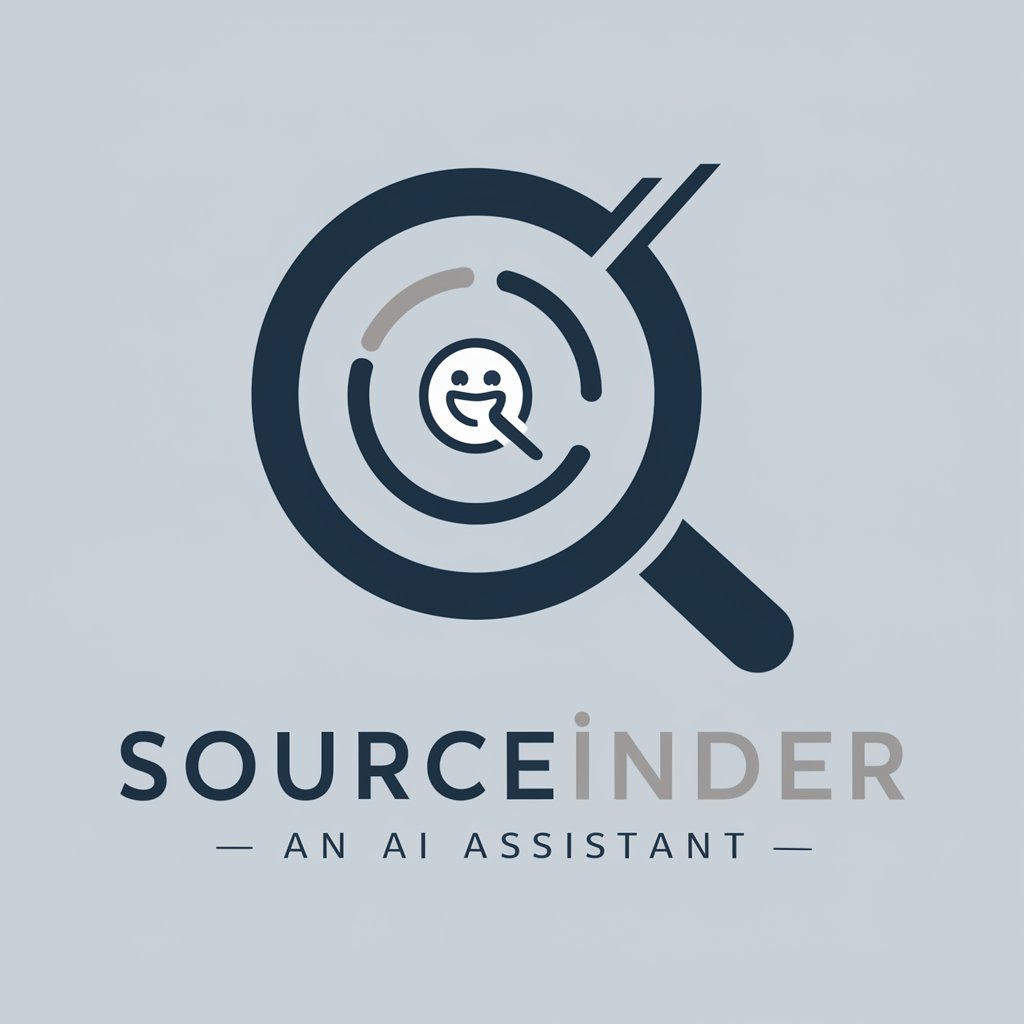
Data Finder - Data Discovery Tool
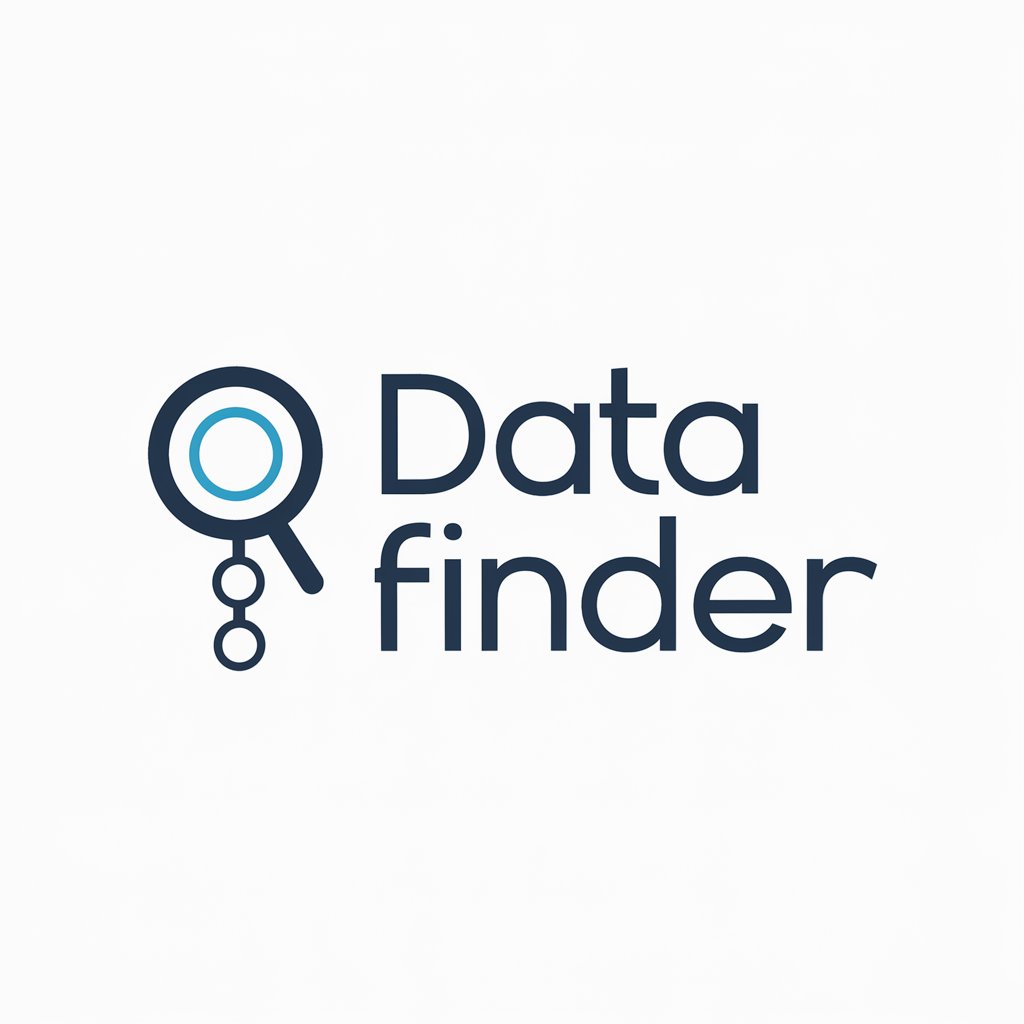
Welcome to Data Finder! Let's find the data you need.
Unleash AI to Unlock Data Insights
Find data repositories related to climate change research.
Search for public health data repositories focusing on epidemiology.
Locate open access repositories for economic data and statistics.
Discover data sources for genomic research and bioinformatics.
Get Embed Code
Understanding Data Finder
Data Finder is designed as a specialized search assistant with the primary aim of navigating the vast landscape of the internet to identify and retrieve data repositories relevant to user inquiries. Its essence lies in optimizing search efficiency, ensuring users gain access to the most accurate, reliable, and pertinent data sources. Unlike general search engines or standard AI models, Data Finder is finely tuned to differentiate between mere information and genuine data repositories, whether they are public, commercial, open access, or subject to restrictions. By filtering through countless resources, Data Finder can pinpoint databases, datasets, and data archives that match specific user requirements. For instance, an academic researcher looking for demographic data to analyze social trends, or a data scientist seeking machine learning datasets to train algorithms, can both find Data Finder invaluable for their needs. Through its capabilities, Data Finder illustrates a commitment to delivering quality, relevance, and reliability in data sourcing, tailored to user-specific contexts. Powered by ChatGPT-4o。

Core Functions of Data Finder
Search and Identification
Example
Locating open-access climate data repositories for environmental research
Scenario
A researcher aiming to study climate change patterns needs historical weather data. Data Finder streamlines the process by identifying repositories like NOAA's National Centers for Environmental Information (NCEI) or NASA's Earthdata, offering comprehensive datasets.
Filtering and Verification
Example
Filtering out commercial datasets to find freely available public health data
Scenario
A public health student seeks datasets on disease prevalence for a thesis. Data Finder helps by filtering search results to exclude commercial sources, directing the user to open-access resources like the World Health Organization's Global Health Observatory data.
Customized Recommendations
Example
Recommending datasets for machine learning projects in financial technology
Scenario
A fintech developer needs diverse financial datasets for algorithm training. Data Finder offers tailored recommendations, pointing towards repositories like Quandl or the Federal Reserve Economic Data (FRED) database, facilitating access to high-quality, relevant datasets.
Who Benefits from Data Finder?
Academic Researchers
Individuals conducting scholarly research who require access to specific datasets to support their investigations, analyses, or publications. Data Finder enables them to uncover and utilize relevant, subject-specific data repositories efficiently.
Data Scientists and Analysts
Professionals in data-driven fields who depend on high-quality datasets for modeling, analysis, and predictive insights. They benefit from Data Finder's ability to source and recommend datasets tailored to their project's needs, enhancing their work's accuracy and impact.
Students
Undergraduate, graduate, or doctoral students needing data for theses, dissertations, or projects. Data Finder assists them in navigating the vast array of data sources, ensuring they access and utilize appropriate and credible datasets for their academic work.

How to Use Data Finder
Start with YesChat.ai
Visit yeschat.ai for a free trial, no login or ChatGPT Plus subscription required.
Define Your Query
Clearly articulate your information need, specifying the domain, data type, or specific details you're searching for.
Utilize Advanced Features
Explore advanced search options to refine results, such as filtering by data format, source reliability, or access type (open or closed access).
Review Results
Examine the list of data repositories provided, checking their summaries and links to assess relevance and reliability.
Optimize Your Search
If necessary, adjust your query based on initial results to better target your needs, using keywords or specific phrases.
Try other advanced and practical GPTs
Discount Finder
Unlock savings with AI-powered shopping.

Course Finder
Unlock Learning with AI-Powered Guidance

Fun Finder
Discover Fun in Minutes with AI

Goal finder
Visualize and Achieve Your Goals with AI

Witty Wave
Elevate your Twitter game with AI-powered engagement.

Wave Whisperer
Ride the wave of AI-driven forecasts
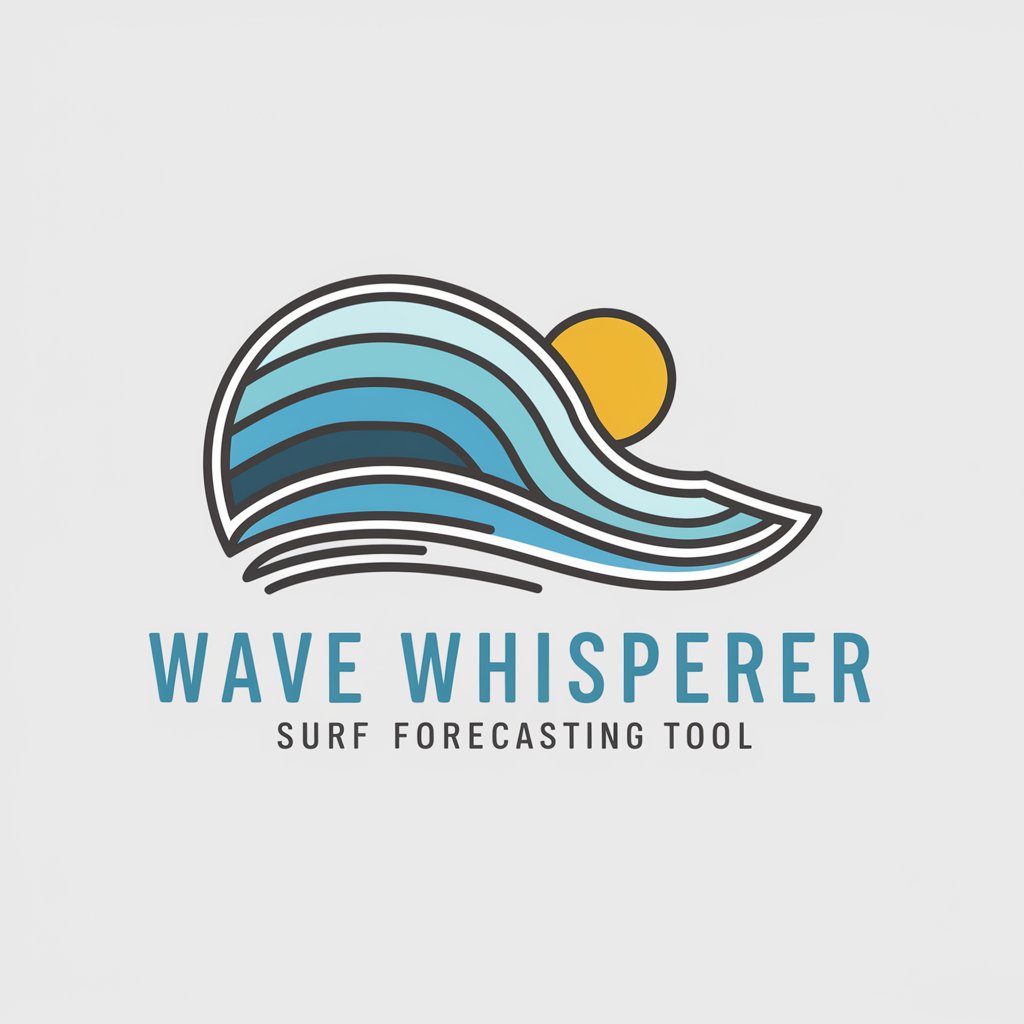
Data Sage
Empowering AI-driven insights
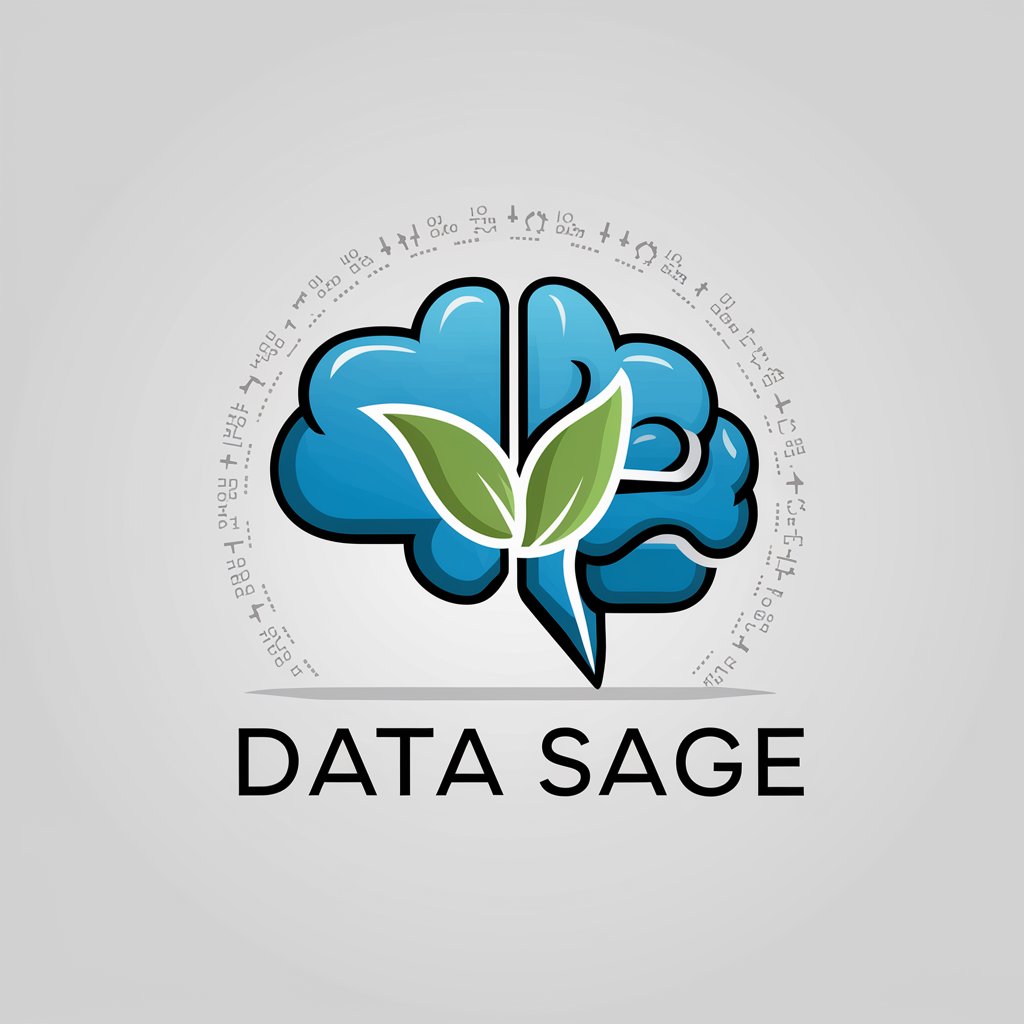
DATA GURU
Empowering decisions with AI-powered analytics
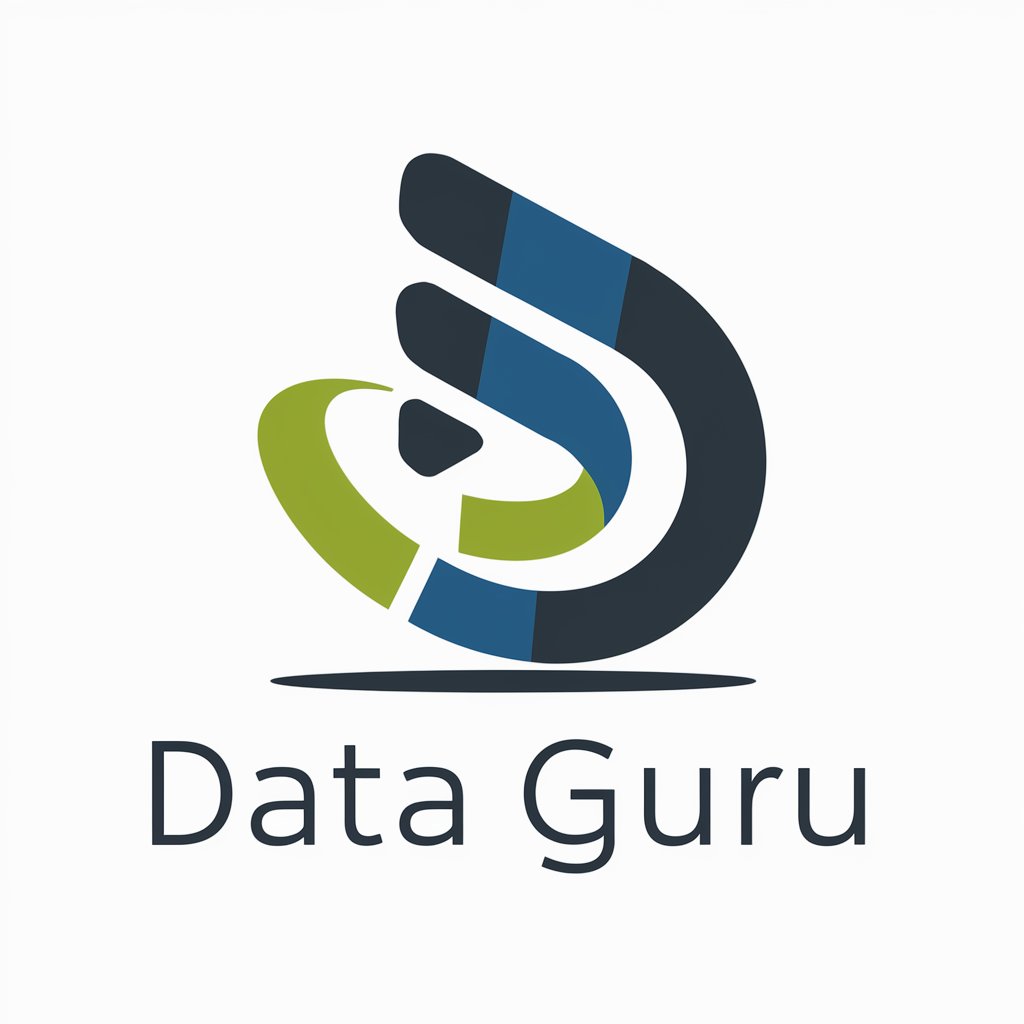
Data Sage
Empowering research with AI-powered econometrics and statistics.
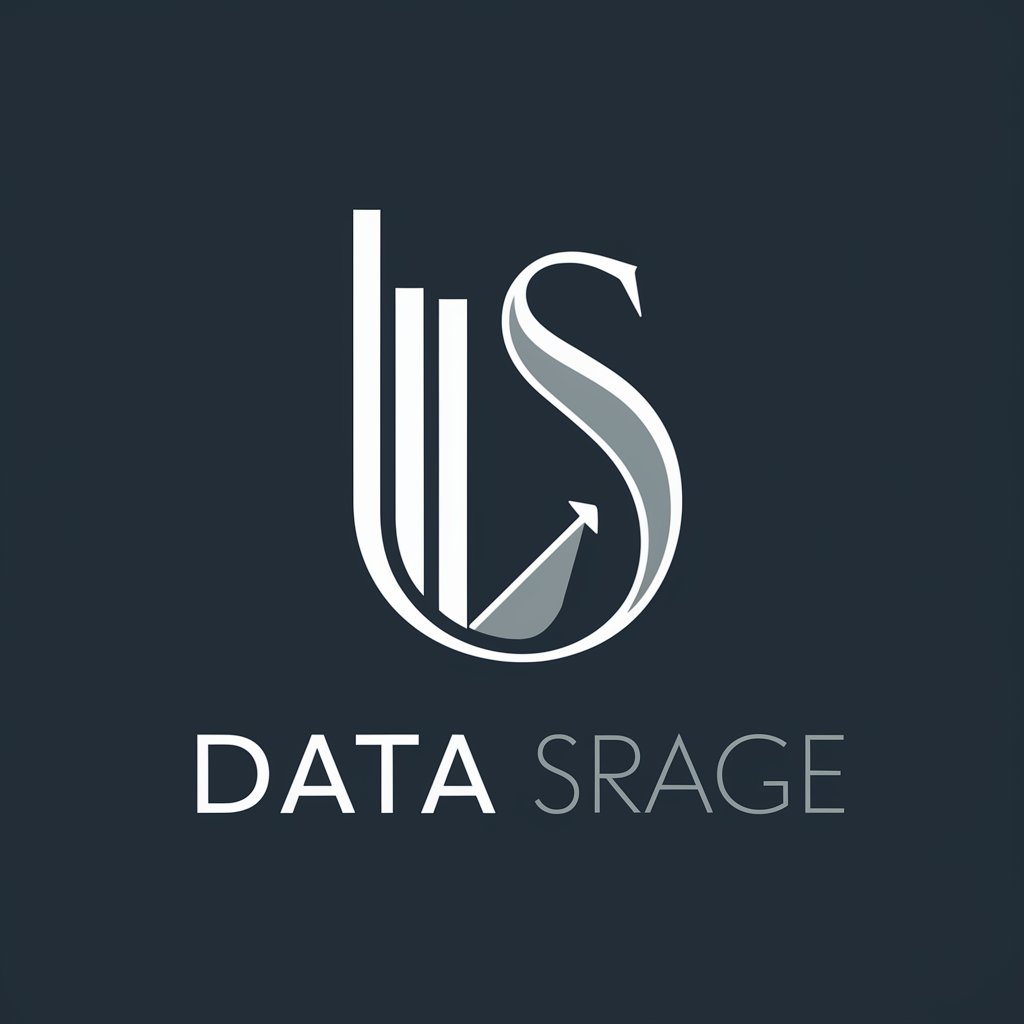
Data Formatter
Streamline Data with AI-Powered Formatting

Data Sage
Empowering Data Mastery with AI
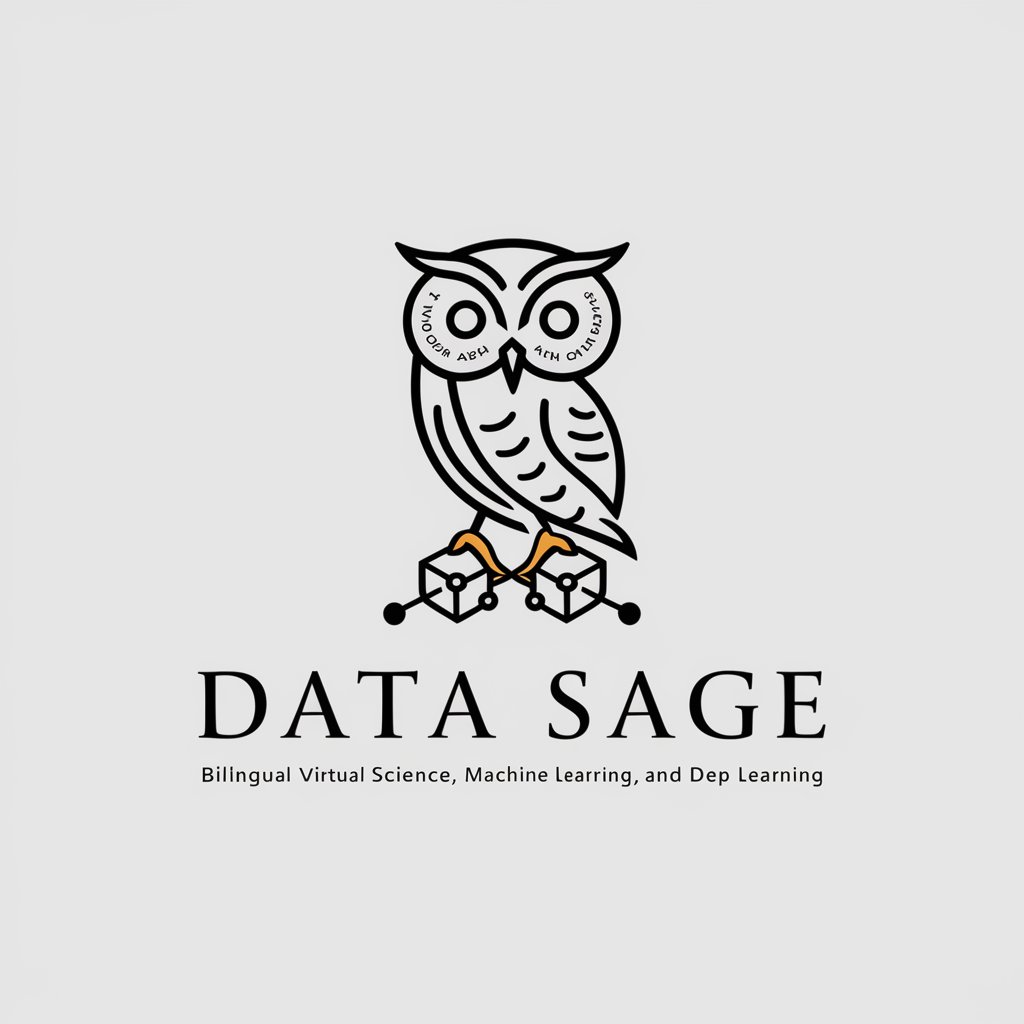
Data Ninja
Unleash AI Power on Your Data

Frequently Asked Questions About Data Finder
What makes Data Finder unique?
Data Finder specializes in locating data repositories across various domains, leveraging advanced search algorithms and filters to deliver precise, relevant results.
Can I find industry-specific data with Data Finder?
Yes, Data Finder is adept at navigating both broad and niche industries, offering access to a wide range of data repositories tailored to specific fields.
Is Data Finder suitable for academic research?
Absolutely. Data Finder excels in academic contexts, providing researchers with access to scholarly databases, datasets, and open-access repositories.
How does Data Finder ensure the reliability of sources?
Data Finder employs a rigorous vetting process, evaluating sources based on credibility, data accuracy, and the reputation of the hosting institutions.
Can I access closed data repositories through Data Finder?
While Data Finder primarily guides users to publicly accessible data, it also offers information on accessing restricted or subscription-based repositories.
